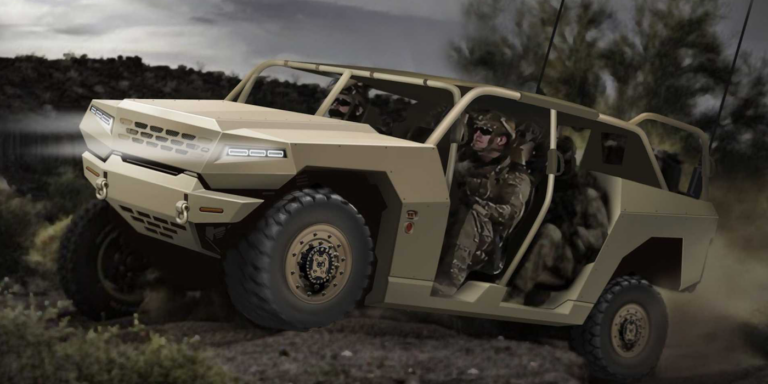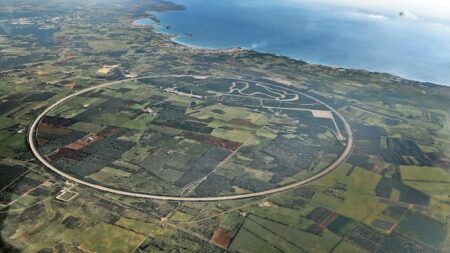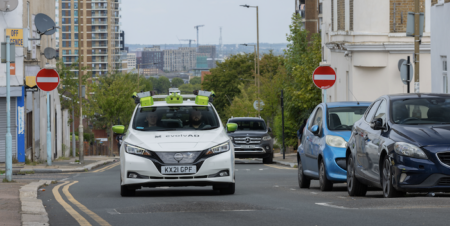Kia Motors Corporation has revealed plans for the development of a new standard platform for next-generation military vehicles. The company plans to start manufacturing prototypes of mid-sized standard vehicles within 2020, and for them to undergo test evaluations by the Korean government in 2021. The company’s goal is to achieve military deployment from 2024, following standardisation and initial production tests.
This mid-sized standard vehicle development project is the result of a joint investment by the Korean military and Kia Motors. The large-scale programme will see the replacement of 2.5-ton and 5-ton military standard vehicles currently in operation, and the development of new 5-ton bulletproof vehicles.
The standard vehicles will be equipped with a range of the latest commercial technologies, including high-torque 7.0-litre diesel engines and automatic transmission systems, ABS and Anti-Spin Regulator (ASR), rear parking assist, Around View Monitor, satellite navigation and hot wire seats.
Kia’s modular approach to developing new vehicles on the platform will enable the development of other derivatives in future, such as vehicles equipped with weapons systems, and those designed with more specialised specifications and technologies.
The company has developed a conceptual brief for its new military all-terrain vehicles (ATV) and plans to introduce a prototype early next year. The developed ATV will not only be deployed for military purposes, but will also be used in various fields, such as industrial and leisure sectors, drawing on bare chassis from the Kia Mohave SUV. Kia intends to grow its reputation as an SUV brand by applying technology and know-how from military vehicle development to improve the durability of its road-going SUVs.
In order to contribute to the development of the military’s future combat systems, Kia is also actively carrying out advanced R&D, combining the latest automotive technology with military vehicles. The company is developing autonomous driving technology for military vehicles, which could assist with delivering supplies.
Kia is also exploring the potential for hydrogen fuel cell technology across diverse military applications, including fuel cell vehicles and emergency power generators. Fuel cell technology is considered suitable for future military vehicles as it can supply large amounts of electricity in combat environments.
Kia Motors has not new to the military market, having supplied nine model types and 100 derivatives – including 0.25-, 1.25-, 2.5- and 5-ton vehicles – and produced a total of 140,000 military vehicles.





